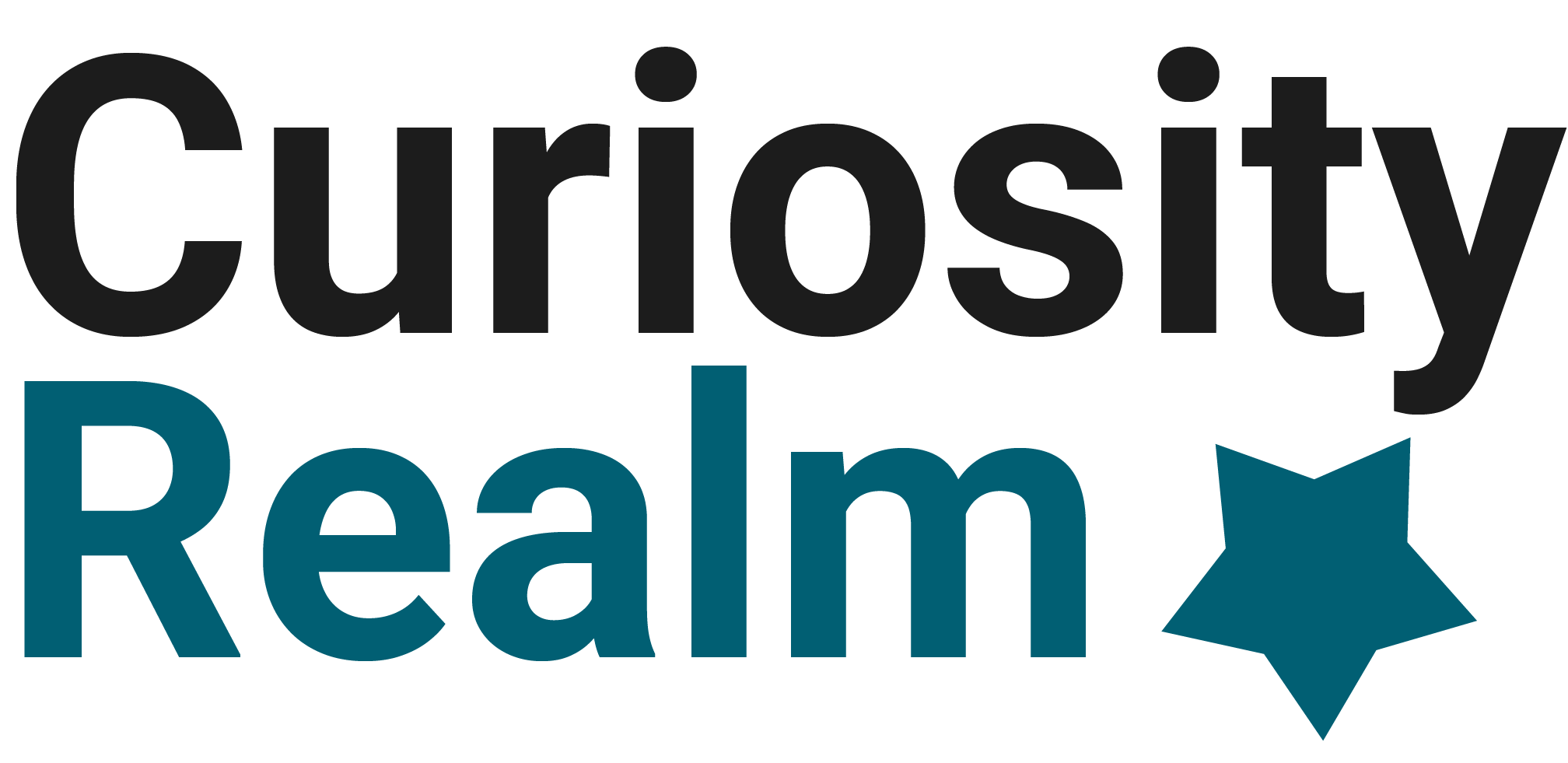The Role of the Receptionist in Modern Offices
Receptionists are often the first point of contact for clients and visitors, serving as the face of the company. Their role extends beyond answering phones and greeting guests; they are responsible for managing appointments, providing information, and ensuring the smooth operation of the front office. In today’s fast-paced business environment, receptionists need to be adaptable, tech-savvy, and possess excellent communication skills.
With the advent of digital communication tools, the receptionist’s role has evolved. They now often manage online scheduling systems, handle digital correspondence, and may even assist with social media inquiries. This evolution demands a blend of traditional interpersonal skills and modern technological proficiency.
Successful receptionists are characterized by their ability to multitask, their attention to detail, and their proactive approach to problem-solving. They are often required to manage multiple tasks simultaneously, from handling visitor inquiries to managing office supplies. Their ability to remain calm and efficient under pressure is crucial to maintaining a professional office environment.
Employment Trends in Clerical Work
The employment landscape for clerical workers, including receptionists, is continually evolving. According to recent data, there is a steady demand for skilled clerical staff, particularly those with expertise in technology and digital communication. The integration of automation and artificial intelligence in the workplace has shifted some traditional clerical tasks, but it has also created new opportunities for those willing to adapt and learn.
One notable trend is the increasing preference for remote and flexible work arrangements. Many companies are now offering remote receptionist positions, allowing employees to work from home while maintaining their roles. This shift not only provides employees with greater work-life balance but also enables companies to access a broader pool of talent.
Furthermore, the demand for bilingual receptionists is on the rise, reflecting the global nature of business today. Companies are seeking individuals who can communicate effectively with a diverse clientele, enhancing customer service and broadening market reach.
The Impact of Online Tools on Clerical Efficiency
The integration of online tools and software has significantly enhanced the efficiency of clerical work. Tools like digital calendars, email management systems, and customer relationship management (CRM) software have streamlined communication and organizational tasks. These tools enable receptionists and clerical staff to manage their responsibilities more effectively, reducing the time spent on manual processes and increasing productivity.
Online scheduling tools, for example, allow for seamless appointment booking and management, minimizing the risk of double-booking and improving the overall customer experience. Similarly, CRM systems provide clerical staff with instant access to client information, facilitating personalized service and efficient problem resolution.
The adoption of cloud-based document management systems has also revolutionized clerical work. These systems allow for easy storage, retrieval, and sharing of documents, reducing the reliance on physical paperwork and enhancing collaboration among team members. As businesses continue to embrace digital transformation, the role of online tools in clerical work will only grow in importance.
Skills and Competencies for Today’s Clerical Workers
To thrive in today’s dynamic work environment, clerical workers must possess a diverse set of skills and competencies. Technical proficiency is increasingly important, with employers seeking candidates who are comfortable using a variety of software applications and digital tools. Familiarity with office suites, email platforms, and scheduling software is often a baseline requirement.
In addition to technical skills, strong communication abilities are crucial. Clerical workers must be able to communicate effectively with colleagues, clients, and vendors, both verbally and in writing. This includes the ability to listen actively, convey information clearly, and respond to inquiries promptly and professionally.
Organizational skills are another key competency, as clerical workers are often responsible for managing multiple tasks and priorities. The ability to prioritize tasks, manage time effectively, and maintain attention to detail is essential for ensuring that office operations run smoothly.
Future Outlook for Clerical Work
The future of clerical work is shaped by technological advancements and changing business needs. As automation continues to impact the workplace, clerical roles will evolve to focus more on tasks that require human judgment and interpersonal skills. While some routine tasks may be automated, the demand for clerical staff who can provide personalized service and handle complex inquiries will remain strong.
Moreover, the increasing use of remote work technology is likely to expand opportunities for clerical workers. Companies are recognizing the benefits of flexible work arrangements, and as a result, more clerical roles may become available in remote or hybrid formats.
Overall, the outlook for clerical work is positive, with opportunities for growth and development for those who are adaptable and willing to embrace new technologies. As businesses continue to value the support and efficiency that skilled clerical workers provide, the role will remain a vital component of organizational success.





